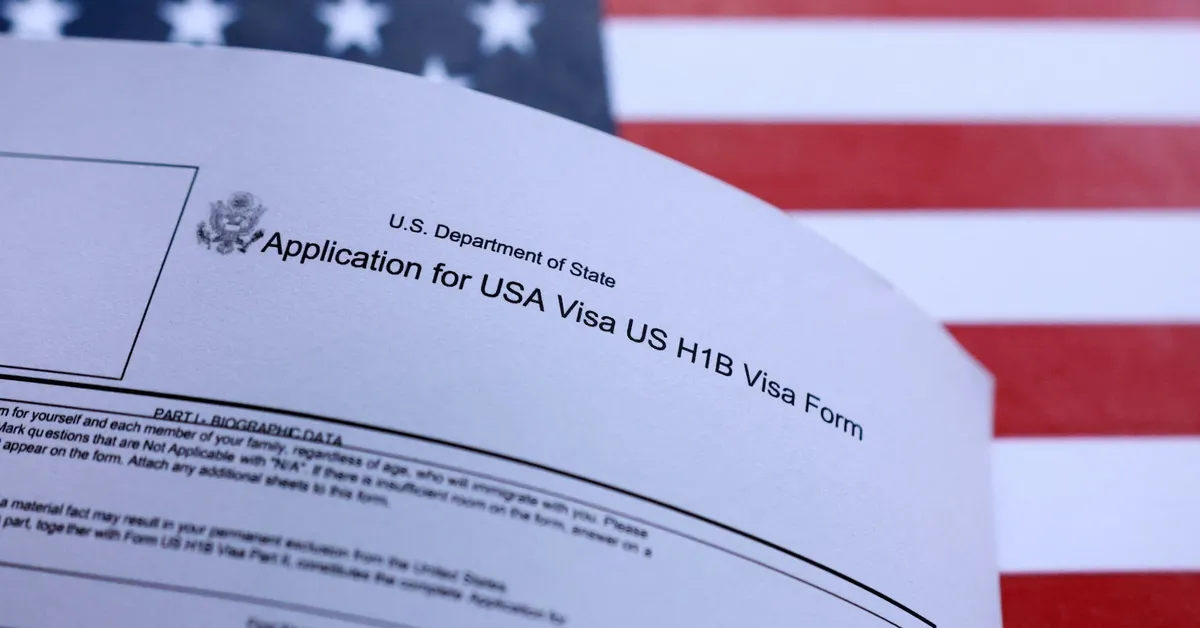
The recent lawsuit filed in federal court in San Francisco marks a significant challenge to President Trump's immigration policies, specifically his proclamation that imposes new fees on the H-1B visa program. This legal action comes just two weeks after Trump announced the fee increase as part of his ongoing efforts to further restrict immigration to the United States.
The plaintiffs in this groundbreaking lawsuit include a diverse group of organizations such as the United Auto Workers union, the American Association of University Professors, a nurse recruitment agency, and multiple religious organizations. They contend that Trump's authority to limit the entry of certain foreign nationals does not extend to overriding the established laws governing the H-1B visa program.
The H-1B visa program is crucial for U.S. employers, particularly in the technology sector, as it allows them to hire foreign workers in specialized fields. Critics of the program argue that it is often exploited to replace American workers with less expensive foreign labor. However, many business groups and major companies assert that the H-1B program is essential for addressing the shortage of qualified American workers in high-demand sectors.
In his unprecedented order, Trump invoked his power under federal immigration law to impose restrictions on the entry of certain foreign nationals, claiming that the presence of a high number of lower-wage workers in the H-1B program undermines its integrity. He argues that the program poses a threat to national security by dissuading Americans from pursuing careers in science and technology.
The plaintiffs argue that Trump lacks the authority to alter the comprehensive statutory framework governing the H-1B visa program. They contend that under the U.S. Constitution, only Congress has the power to impose fees, taxes, or other revenue-generating mechanisms. The lawsuit suggests that the new proclamation effectively transforms the H-1B program into a “pay to play” system, where employers must either pay exorbitant fees or seek a “national interest” exemption subject to the discretion of the Secretary of Homeland Security. This, they argue, could lead to selective enforcement and corruption.
Additionally, the lawsuit claims that agencies, including the U.S. Department of Homeland Security and U.S. Citizenship and Immigration Services, have implemented new policies to enforce Trump's proclamation without adhering to necessary rulemaking procedures. The plaintiffs assert that imposing excessive fees will stifle innovation and create barriers for employers seeking to hire skilled foreign workers.
Currently, the H-1B program allocates 65,000 visas annually for employers seeking temporary foreign workers in specialized fields, with an additional 20,000 visas available for individuals holding advanced degrees. These visas are typically granted for a duration of three to six years. According to government data, India was the largest recipient of H-1B visas last year, accounting for an impressive 71% of all approved visas, while China followed at a distant 11.7%.
This legal dispute underscores the ongoing tensions surrounding immigration policy and the H-1B visa program, which continues to be a critical avenue for bringing skilled labor into the United States. As the case unfolds, it may have significant implications for both foreign workers and U.S. employers reliant on this vital program.